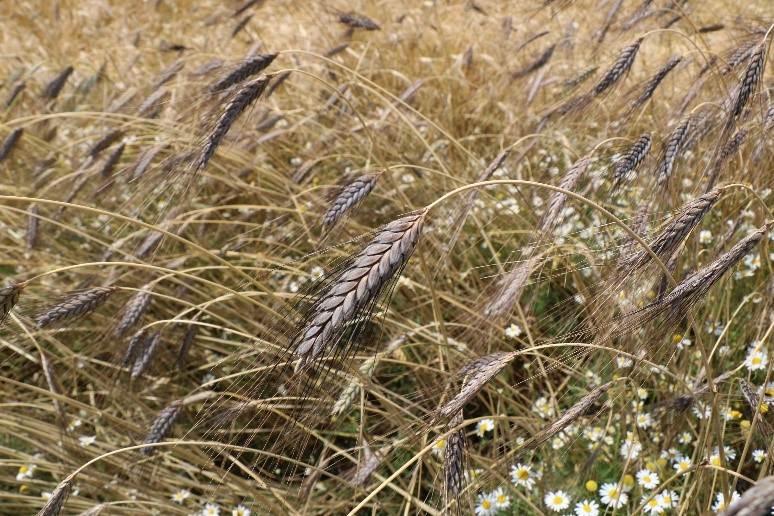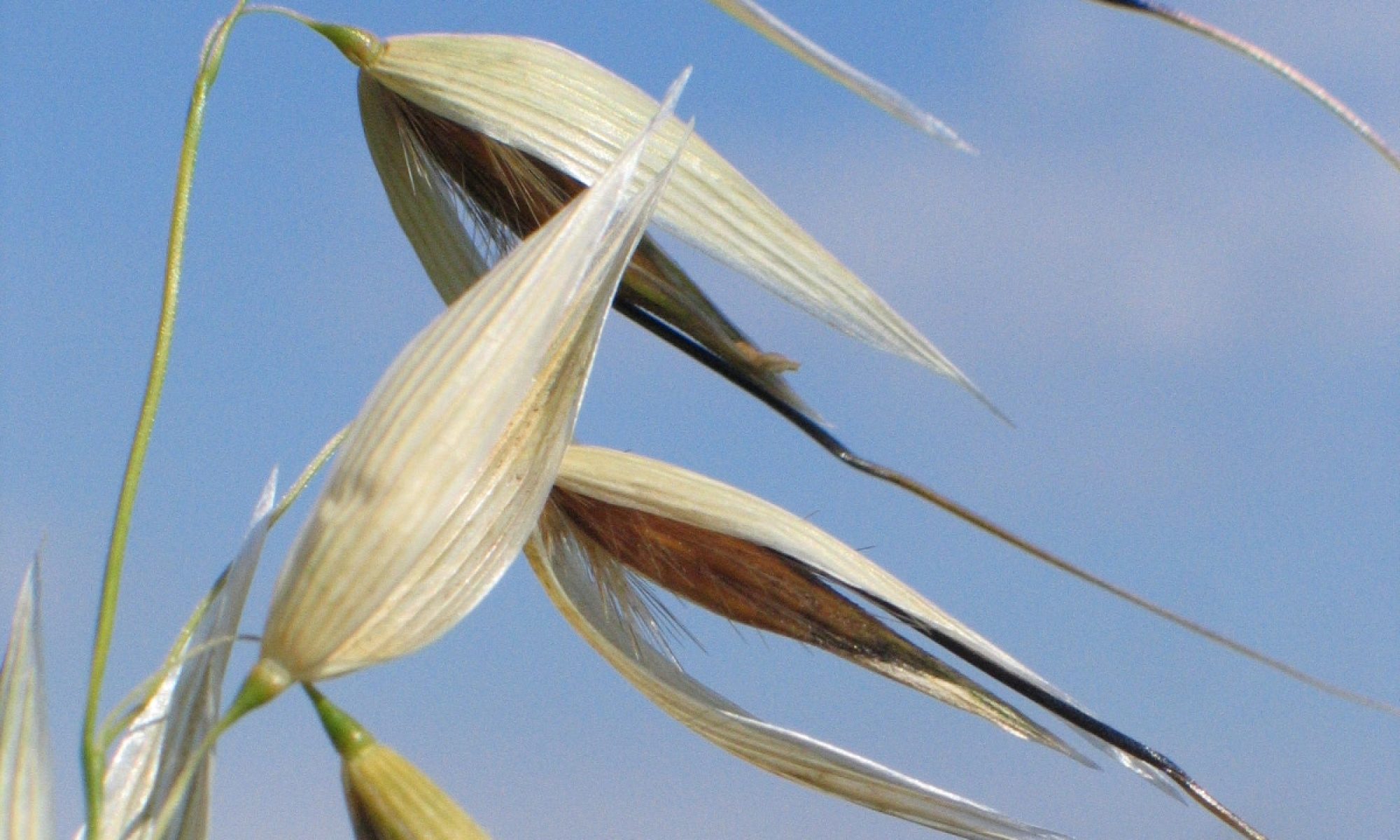Information and updates about seed network conferences, workshops, engagement and education through or in partnership with Farmer’s Pride.
School Group Visits Universitat Politècnica de València:
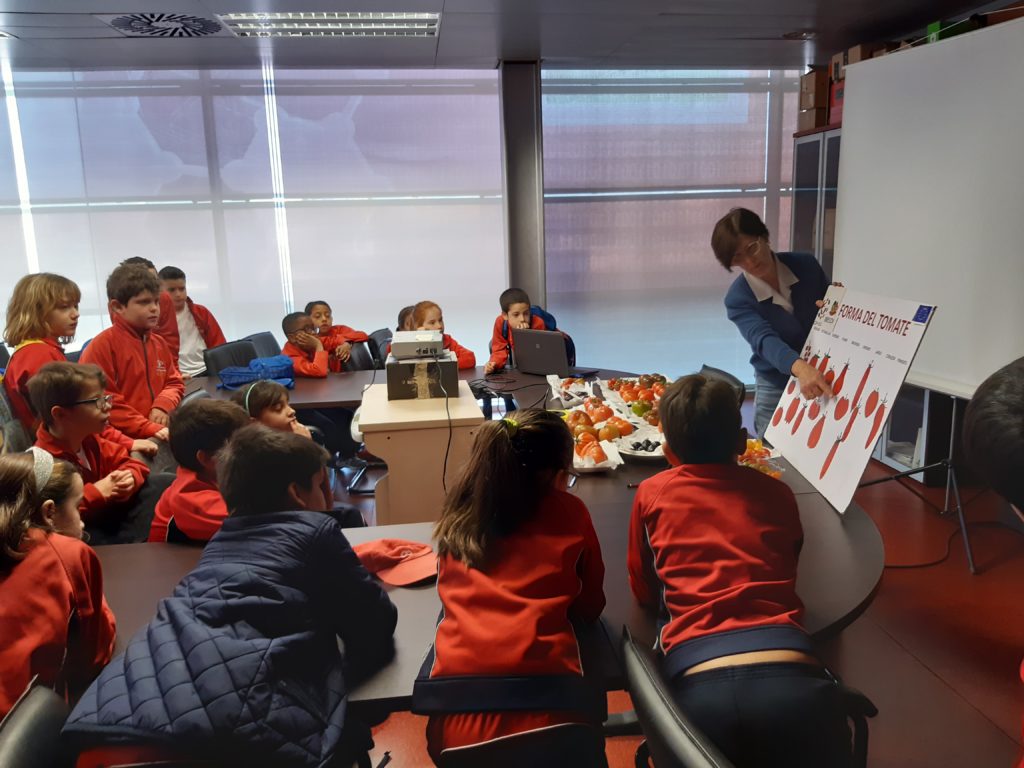
On Wednesday 26 February 2020 colleagues from the genetic department of Farmer’s Pride project partner the Universitat Politècnica de València enjoyed the visit of 20 children (ages 8-9) from Colegio Claret Valencia Benimaclet primary school. Curious minds patiently listened and learned about the diversity of tomatoes and the importance of conserving diversity. They also had a dynamic visit to the germplasm bank and greenhouse trials where they saw the practical effect of conserving diversity for sustainable agriculture.
The children were all ears as they absorbed important information about seed banks and crop wild relatives. The hands on approach to this visit gave this class the chance to have a better understanding of their food, where it comes from and the importance of conserving diversity for sustainable agriculture. Hopefully this experience is instilling some passion in learning about and preserving landraces and the importance of seed banks for our future. And by the smiles on all of their faces, its safe to say they had a great time learning it too!
The Farmer’s Pride project aims to improve our knowledge of how best to look after these resources in the future, and teaching future leaders is a good first step.
In August 2019 a series of events were organized by ÖMKi in Hungary, including at the National Agricultural and Food Exhibition ‘The development of Hungarian gastronomy: tomato landraces on our plates’ and a workshop for the scientific community and industry: ‘How to bring to life ancient varieties: diversity in our garden and on our plates’
Finnish network of landrace cereal seed multipliers
Finnish cereal landraces are rarely grown these days and take up less than 0.1% of the cultivated area. However, a diversity of cereal genetic material has been saved to the joint Nordic gene bank NordGen and more than 200 samples of landrace cereals, representing 54 % of the all samples, are of Finnish origin. Dozens Finnish old trade varieties have been saved, and may be suitable for today’s organic cultivation due to their breeding history. Until recently, only a few farmers had been multiplying gene bank materials. In 2017, the Häme University of Applied Sciences with the assistance of the Farmers’ Pride project, established the Finnish network of landrace cereal seed multipliers. By 2019, there were 59 professional and hobby farmers who were multiplying 124 landraces and old trade varieties, of which 70 are landrace cereals.
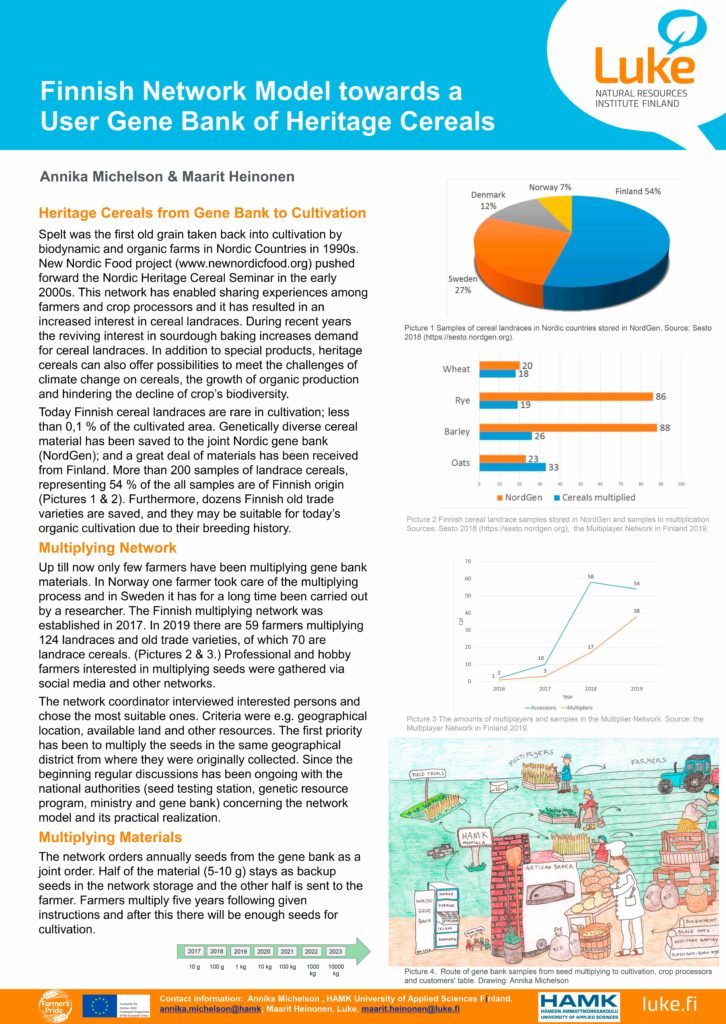
On 12th March 2020 a webinar was organized by Häme University of Applied Sciences Finland with the collaboration of the Farmers’ Pride project and the nationally funded project ‘Luomussa vara parempi’ on testing cultivars suitable for organic production. The main topics discussed were farmers’ experiences in landrace seed multiplication of ex situ accessions from NordGen; Finnish guidelines for registering of conservation varieties; and the experience of an artisan bakery in using landrace cereals.
You can watch the video below (Finnish with English subtitles) which explores Finnish cereal landraces and how to reintroduce them from the seed bank back to cultivation.
Reviving old cultivars in Hungary
Three workshops have been organised by Farmer’s Pride project partners Arche Noah, ÖMKi and ProSpecieRara in partnership with Magház (Hungarian seed-savers) for farmers, representatives of various NGOs, research institutes, universities, Ministry of Agriculture, National Food Chain Safety Office, representatives of the permaculture association, community gardens, the national gene bank.
The first workshop in June 2018 in Budapest visualized the challenges and opportunities that arise when building a network around ex situ and in situ PGR conservation. It was suggested that a national seed network like Magház could act as an umbrella organization to assist small organizations. The second workshop, held in Vértesboglár, exchanged experiences on the different ways of producing and processing old cereal landraces and connected the farmers’ activities with the seed-saving activities of the seed network Magház. The third workshop, also held in Budapest, identified a target group of highly qualified young urban citizens who are interested in heritage or special/uncommon varieties as a good channel to distribute and reintroduce seed from Magház members. These included hobby gardeners, balcony/city gardeners, members of the movement Gyüttment (people planning to move to the countryside, to live off-grid, self sustainably) and members of the permaculture movement. Non-profit seed distribution channels included museums, libraries, school garden programs, hobby gardener clubs, community gardens, seed swaps, gastro-bloggers, the national gene bank, tradition-preserving groups (craftsman, folklore, etc.) and national parks. For-profit opportunities were identified as web shop, online catalogue, farmers market, farm/garden supplement shops, retailers (Webfruit, LIDL). Magház members discussed the possibilities of transforming the informal network into a formal organization.
